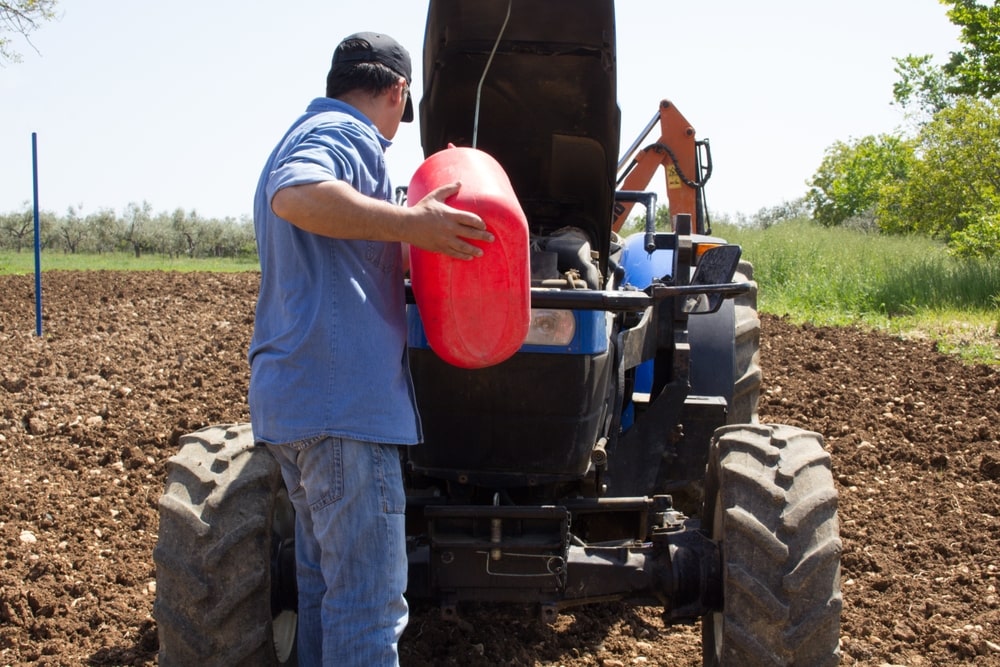Both around the farm and on the road, every minute of machine use counts. Laying out fields in a way to minimize turning and covering the same ground twice as well as planning on-road travel routes means less time in operation. Installing cattle grids in places instead of gates can also save engine time wasted while opening gates.





